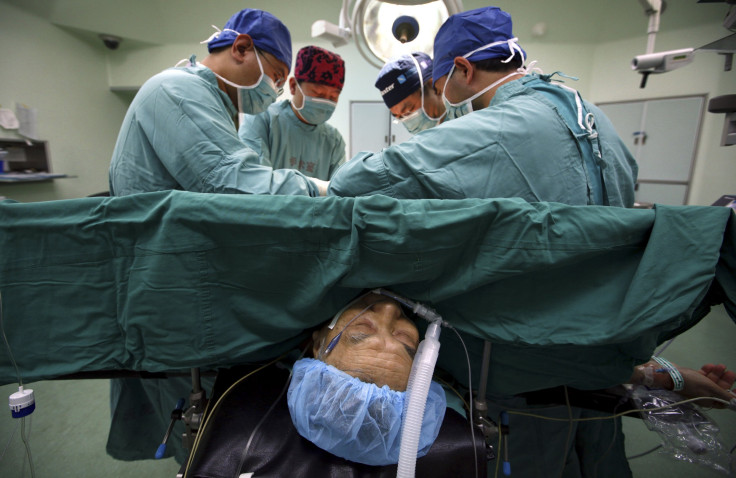New Treatment Offers Hope Of Wiping Out Prostate Cancer

Early research tested on mice offers hope for prostate cancer victims. The new treatment boosts immune system that could wipe advanced stages of the ailment for men.
The Telegraph reports that chemmoimmunotherapy uses low doses of the drug oxaliplatin that has a unique ability to activate immune cells that kill cancer. The treatment also removes or blocks immune system cells that stops the body’s defences.
When the therapy was tried on lab mice, human disease tumours were almost totally destroyed by the rodents’ own immune systems, according to scientists from the University of California, San Diego. After its successful test on lab mice, Dr Shabnam Shalapour, US lead scientist, pushed to test clinically the new approach.
Men with advanced and spreading prostate cancer have an abundance of immunosuppression “B-cells.” These cells could make conventional therapies ineffective and allows the growth of tumours unchecked. Advanced and aggressive prostate cancer normally do not respond to chemotherapy due to immunosuppression.
Other findings of the study include: low dose treatment could be twice as good for prostate cancer patients, vasectomy boosts risk of developing prostate cancer and the cancer could be “switched off” through injection.
Co-author Professor Michael Karin added, “Similar immunosuppressive B-cells can be detected in other human cancers. This indicates that B-cell-mediated immunosuppression might be the reason several other cancers are also unresponsive to checkpoint inhibitors, raising the hope that chemmoimmunotherapy will have broader applications for many cancer types.”
According to another Canadian research, prostate cancer patients treated with tiny radioactive implants are two times likely to be cancer-free compared to those given conventional therapy after five years.
Annually, 41,000 males are diagnosed with prostate cancer in the UK, and 11,000 succumb to the ailment.
The symptoms of prostate cancer include problems passing urine, including slow or weal urinary stream or the need to urinate more frequently, blood in the urine, erectile dysfunction, pain in the hips and weakness or numbness in the legs or feet and loss of bladder or bowel control because of the cancer pressing on the spinal cord, according to the American Cancer Society.
To contact the writer, email: v.hernandez@ibtimes.com.au





















